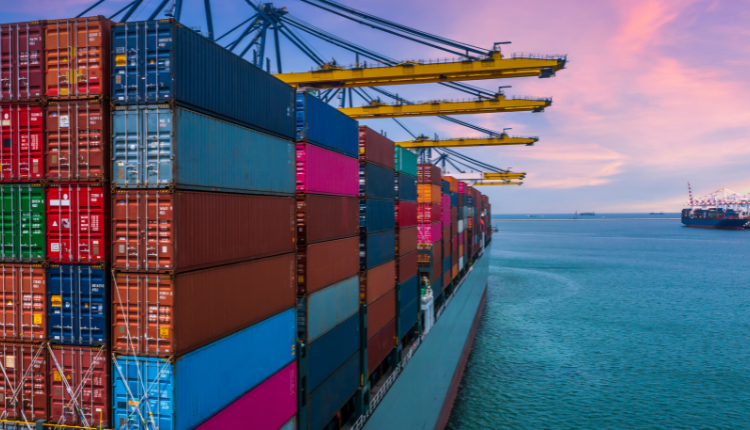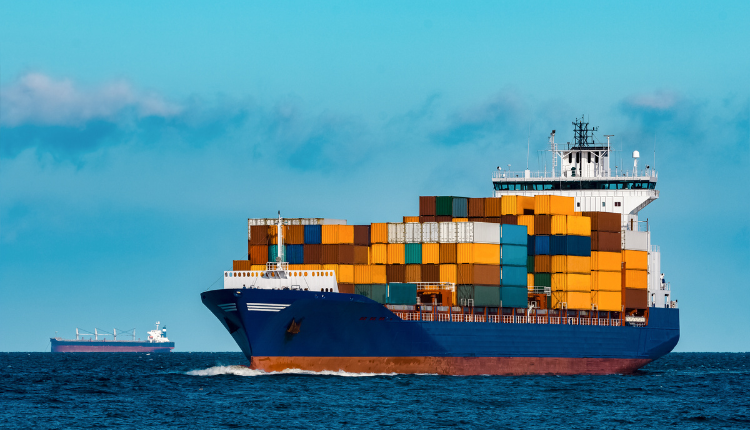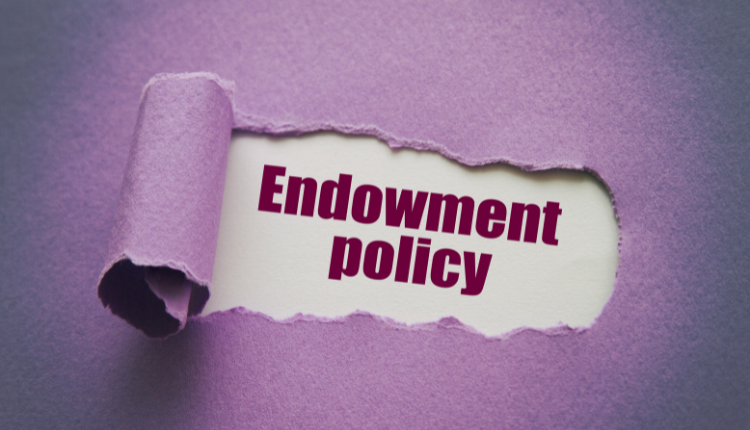
What are the three types of marine insurance?

What are the three types of marine insurance? If you’ve ever wondered about the protection for ships and cargo on the high seas, you’re in the right place. Marine insurance is essential for anyone involved in maritime activities. It covers the risks associated with sea travel and shipping. In this article, we’ll explore the three main types of marine insurance, making it clear, simple, and even a bit fun to understand.
Table of Contents
- 1. Hull Insurance
- 2. Cargo Insurance
- 3. Liability Insurance
- How to Choose the Right Marine Insurance
- Conclusion

1. Hull Insurance
Hull insurance is the first type of marine insurance we’ll discuss. This insurance covers the physical structure of the ship, including its machinery and equipment. Think of it as a policy that protects the “body” of the vessel. Whether it’s a cargo ship, fishing boat, or luxury yacht, hull insurance is crucial for safeguarding the ship against damages.
What Does Hull Insurance Cover?
Hull insurance typically covers damage due to accidents, such as collisions, grounding, or severe weather. It also covers risks like fire, explosions, and piracy. Essentially, it protects the ship from all kinds of perils it might face on the water.
Why Do You Need Hull Insurance?
Imagine your ship encountering a severe storm and suffering significant damage. Without hull insurance, you’d have to cover the repair costs out of pocket. Hull insurance ensures that you can repair or replace parts of your ship without a financial headache. It’s a financial safety net for ship owners.
Types of Hull Insurance Policies
There are two main types of hull insurance policies:
- Total Loss Only (TLO): This policy covers only when the ship is completely lost or destroyed.
- All Risk Policy: This offers broader coverage, protecting against various damages that the vessel might incur during its voyages.
2. Cargo Insurance
Cargo insurance is another critical type of marine insurance. It protects the goods or cargo being transported by sea. Whether you’re shipping electronics, clothing, or raw materials, cargo insurance ensures your goods arrive safely or that you’re compensated if they don’t.
What Does Cargo Insurance Cover?
Cargo insurance covers loss or damage to the goods during transit. This can include damage from accidents, rough handling, theft, and natural disasters like storms. It’s designed to cover the value of the cargo, so you don’t suffer financial loss if something goes wrong during shipping.
Why Do You Need Cargo Insurance?
Imagine sending a shipment of high-value electronics overseas. If the ship encounters a storm and your cargo is damaged, cargo insurance ensures you’re compensated for the loss. It’s vital for businesses that rely on importing and exporting goods, providing peace of mind that their investments are protected.
Types of Cargo Insurance Policies
Cargo insurance can be categorized into two main types:
- Open Cover Policy: This policy provides coverage for all shipments made by the insured within a specified period.
- Specific Voyage Policy: This covers a single shipment from the point of origin to the final destination.
Marine Cargo Clauses
Cargo insurance policies often include specific clauses that define the coverage and exclusions. The three primary sets of clauses are:
- Institute Cargo Clauses (A): This is the most comprehensive coverage, often referred to as “all risks” coverage. It includes protection against all perils except those specifically excluded in the policy, such as war, strikes, and inherent vice.
- Institute Cargo Clauses (B): This offers a middle level of coverage. It covers a range of named perils like fire, explosion, vessel stranding, sinking, capsizing, and more. However, it’s less comprehensive than Clause A.
- Institute Cargo Clauses (C): This is the most basic level of coverage. It protects against a limited number of named perils, including fire, explosion, vessel stranding, sinking, and capsizing. It does not cover theft, pilferage, or non-delivery of goods.
3. Liability Insurance
The third type of marine insurance is liability insurance. This insurance covers the legal liabilities arising from owning or operating a vessel. It’s essential for protecting against claims and lawsuits that might result from accidents or damages involving your ship.
What Does Liability Insurance Cover?
Liability insurance covers various legal liabilities, including bodily injury to passengers, damage to other ships, and environmental damage like oil spills. It also covers legal costs and settlements if you’re sued for damages caused by your vessel.
Why Do You Need Liability Insurance?
Operating a ship comes with significant responsibilities. If your vessel causes damage to another ship or injures someone, liability insurance protects you from the financial fallout. Without it, you could face hefty legal bills and compensation claims, potentially crippling your finances.
Types of Liability Insurance Policies
Liability insurance for marine activities can be divided into:
- Protection and Indemnity (P&I) Insurance: This covers a wide range of third-party liabilities, including injury, pollution, and cargo damage.
- Freight, Demurrage, and Defense (FD&D) Insurance: This covers legal costs associated with disputes over freight, demurrage, and related issues.
Why Marine Insurance is Essential
Marine insurance is crucial for anyone involved in maritime activities. It protects your investments and ensures that your maritime operations can continue smoothly even in the face of unforeseen events. Without marine insurance, the financial risks are simply too high. Let’s summarize why each type is essential:
- Hull Insurance: Protects the vessel from physical damage, ensuring you can repair or replace your ship without financial strain.
- Cargo Insurance: Safeguards your goods during transit, ensuring you’re compensated for losses or damages.
- Liability Insurance: Covers legal liabilities, protecting you from the financial repercussions of accidents and damages.
How to Choose the Right Marine Insurance
Choosing the right marine insurance depends on your specific needs and the nature of your maritime activities. Here are some tips to help you make an informed decision:
1. Assess Your Risks
Consider the risks associated with your maritime operations. Are you more concerned about ship damage, cargo loss, or legal liabilities? Understanding your primary risks will help you choose the right type of insurance.
2. Compare Policies
Not all marine insurance policies are created equal. Compare the coverage options, exclusions, and premiums of different policies. Look for policies that offer comprehensive coverage at a reasonable cost.
3. Choose a Reputable Insurer
Select an insurance provider with a strong reputation and good financial stability. Check reviews, ratings, and industry standing to ensure they can reliably pay out claims when needed.
4. Customize Your Coverage
Many insurers offer customizable policies. Tailor your coverage to fit your specific needs. For example, you might combine hull insurance with liability insurance if you own and operate a vessel.
5. Consult an Insurance Broker
If you’re unsure about which policy to choose, consult an insurance broker who specializes in marine insurance. They can provide expert advice and help you find the best coverage for your needs.
Conclusion
Understanding the three main types of marine insurance—hull insurance, cargo insurance, and liability insurance—helps you make informed decisions to protect your maritime investments. Each type offers unique benefits and covers different risks associated with maritime activities. By assessing your needs, comparing policies, and choosing a reputable insurer, you can ensure you have the right protection in place.
Remember, marine insurance is not just a legal requirement; it’s a smart investment in the safety and security of your maritime operations. So, take the time to explore your options, and give yourself the reassurance that comes with knowing you’re covered. Safe sailing!



















